Introduction
Parenthood is an adventure like no other- remember that each victory and obstacle make you the parent you are destined to be. No matter how seasoned the parent, every one of us at times finds ourselves in search for answers and a little piece of mind. This is where parenting books come in as the all-illuminating saviour providing us with insights and strategies to deal better while attempting to raise good human beings. We put together books that we evaluated and our personal thoughts brought to offer guidance, support as well as timeless wisdom in the unique stages of parenthood.

The Basis of Parent-Child Relations
Trust and Understanding
Trust is the foundation of all relationships, especially a parent and child relationship. It is important to start from the newborn stage, and set an environment where your child feels secure and understand. The Ways in Which We Communicate Effectively including Active Listening and Validating Feelings (If you want to learn more about these techniques, read How To Talk So Kids Will Listen &Listen So Kid’s Will Too by Adele Faber and Elaine Mazlish.
Defining Boundaries and Assumptions
It is the balance between being an authoritarian and a permissive parent. A balance that promoted respect and understanding. Things like this are addressed in a most practical way with real world examples and solutions, such as those contained in Dr. Laura Markham’s “Peaceful Parent, Happy Kids.”
Cultivating Emotional Intelligence
It is very important that as children grow older, they learn to manage their emotions. There are books that offer some insight into how to help your child learn these skills – such as “Raising An Emotionally Intelligent Child” by John Gottman.


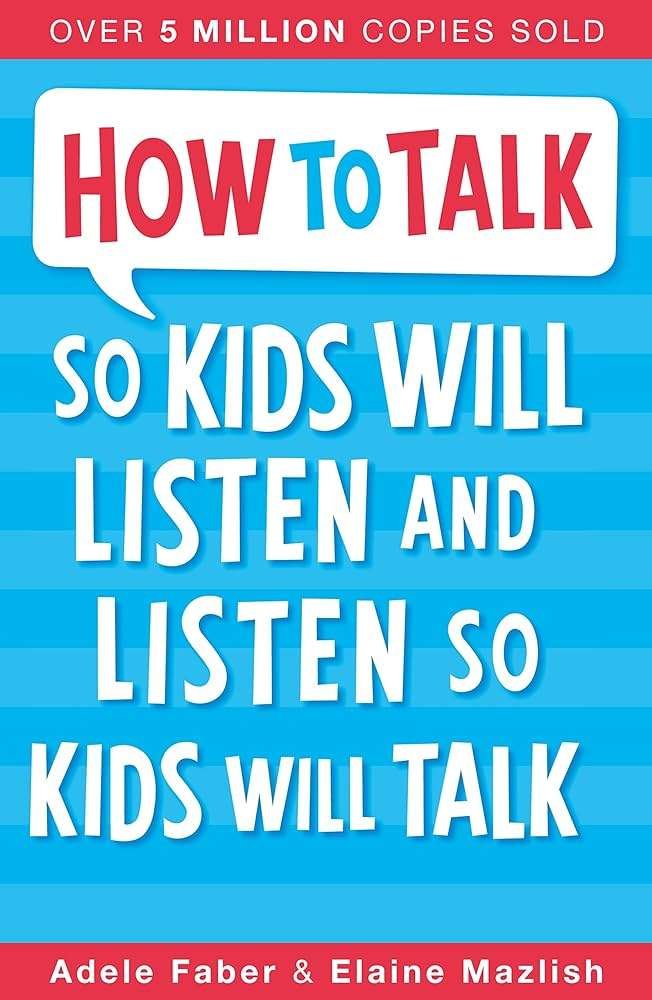
Developmental Milestones and Support for Them
Physical Milestones
All parents cheer on their kids when they reach milestones in athleticism – first steps, riding a bike. It is important to understand these growth stages and “Touchpoints-Birth to Three” by T. Berry Brazelton gives thoughts on developmental milestones along with ideas for hands-on support.
Cognitive Development
To foster the curiosity of child, it is important that we provide conducive learning environment. Brain Rules for Baby brings parents up to speed on the ways a child’s brain develops, and offers simple tips anyone can use at home to give their baby or toddler an intellectual edge.
Social Skills
Social interaction is also important as much that of academic performance. The Unwritten Rules of Friendship by Natalie Madorsky Elman and Eileen Kennedy-Moore takes parents step-by-step on how to teach children the invisible rules that govern close relationships, so they can eventually form lasting bonds with a variety of different friends as adults.


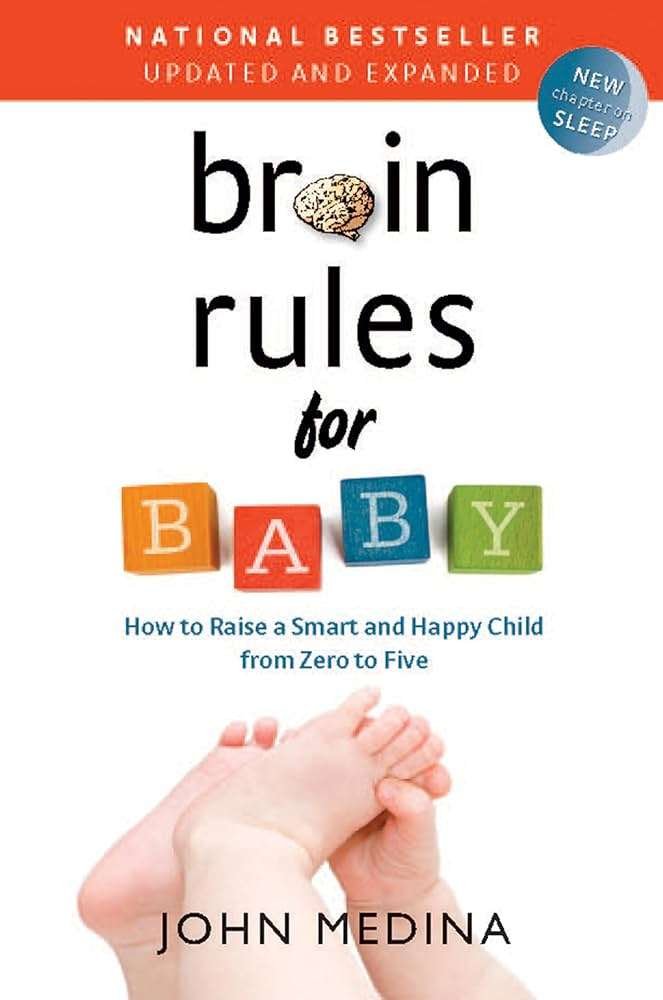
Modern Day Parenting Challenges
Technology and Children
For parents in the digital age, striking a balance with screen time can be top of mind. Screenwise: Helping Kids Thrive (and Survive) in Their Digital World by Devorah Heitner gives you a good roadmap of how to handle the technology use on your children, and smart tips for them seeking digital citizenship.
Mental Health Awareness
As a society, we’re coming to learn more about mental health earlier on in life. This nonfiction parenting advice book by Daniel J. Siegel, M.D., and Tina Payne Bryson, Ph.D., explains brain functioning in children and offers solutions to various psychological problems your child might face throughout his or her life.
Creating Resilience & Flexibility
It is a gift to prepare children for the unknown. The Yes Brain by the same authors inspires parents to nurture mindfulness and resilience in their children so they can approach challenges with an open mind.
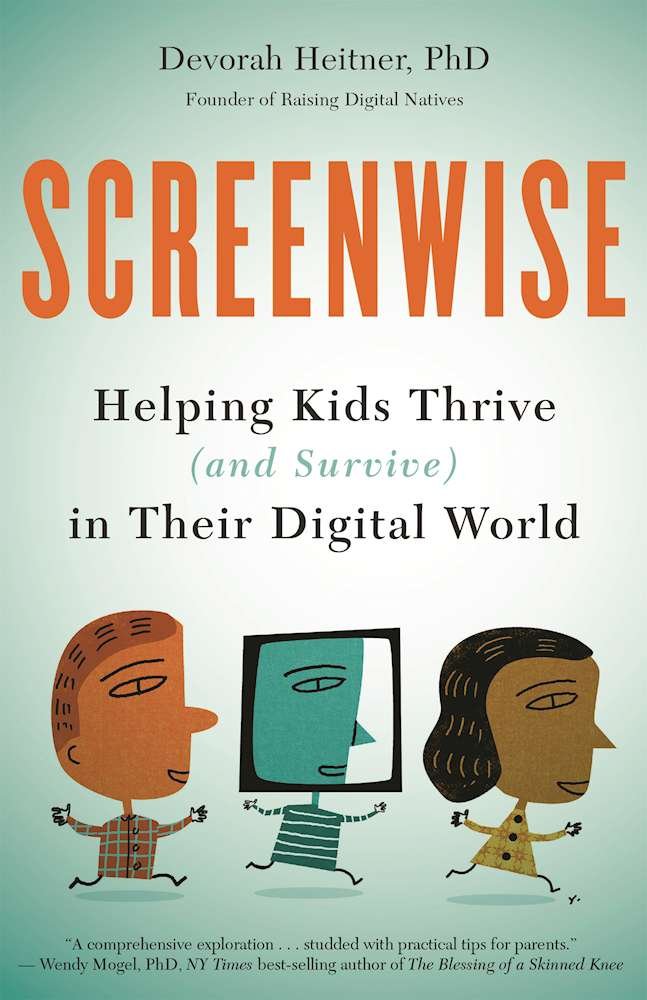
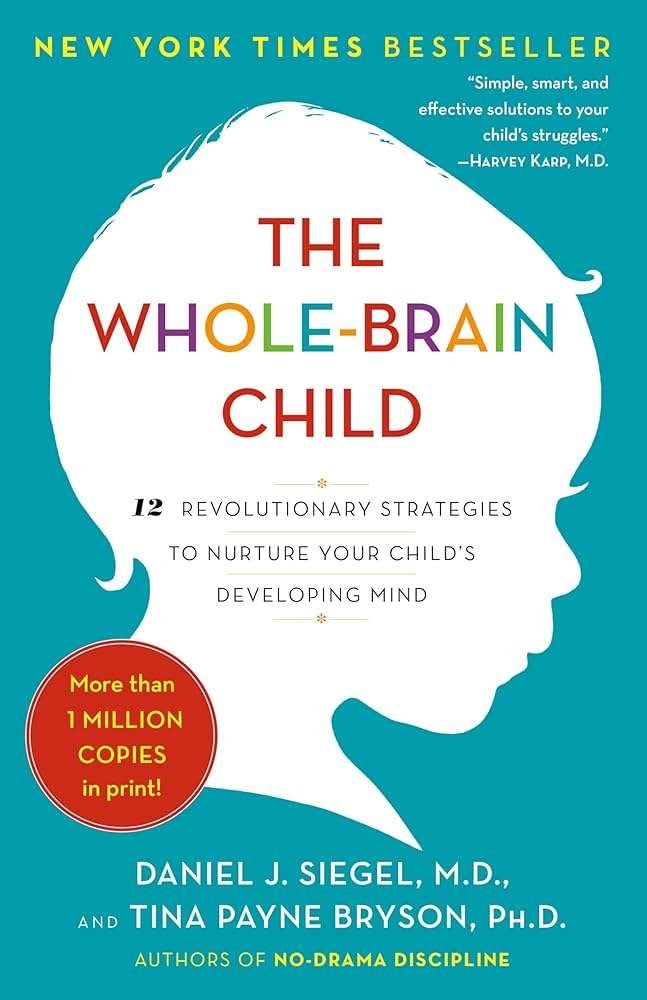

Strategies and Learning Styles | Best Parenting Books
Different Types of Learning Styles | Best Parenting Books
Identifying what your child likes and how they learn best will help in establishing more meaningful learning experiences. Here are a few of their books on learning: – The Way They Learn by Cynthia Ulrich Tobias <- this book will help you understand that kids learn in different ways.
Improved school motivation and superior grades | Best Parenting Books
Academic success demands motivation as well as ability. Drive by Daniel H. Pink – The Surprising Truth About What Motivates Us and how parents can use these principles to encourage their children to learn, excel in school?
Alternative and Home Educational | Best Parenting Books
The high school is losing in the numbers game, with more families looking to options for their kids. Written by Susan Wise Bauer and Jessie Wise, The Well-Trained Mind gives parents the tools to instruct their own children in a wide range of topics (or homeschool), matching them with alternative methods for teaching if that is desired.
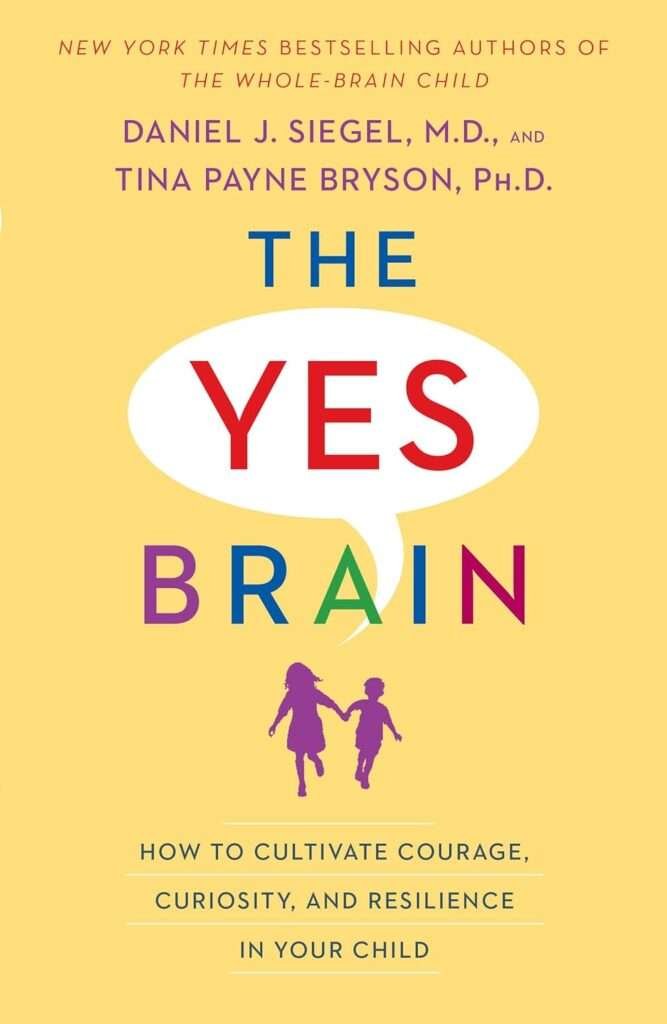

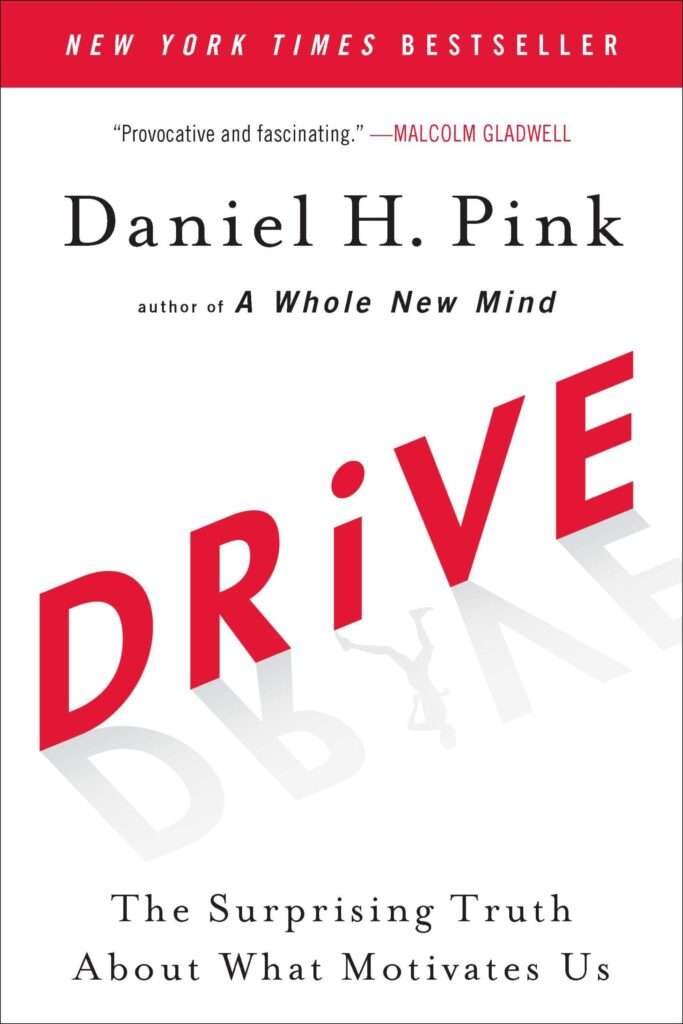
Parental Growth and Self-Care | Best Parenting Books
Work-Life Balance vs. Life Balancing | Best Parenting Books
Parents need to prioritize self-care. In the wry and down-to-earth spirit off “The Parent’s Tao Te Ching,” by William Martin, one might sublimate theirs in a library of wisdom on the delicate dance between our busy adult lives and harmony as individuals — with ancient truths meeting contemporary needs.
Evolving with Your Child | Best Parenting Books
And the parenting role grows up, with children. 40 “Simplicity Parenting” by Kim John Payne: A guide for parents on clearing the clutter at home and in their schedules, leading to a calmer family life.
Community & Support Networks | Best Parenting Books
Having a support system is priceless. Cameron Huddleston, author of Mom & Dad: We Need to Talk, explains ways to facilitate conversation among family circles – especially when it comes to those tough talks about roles and support systems.

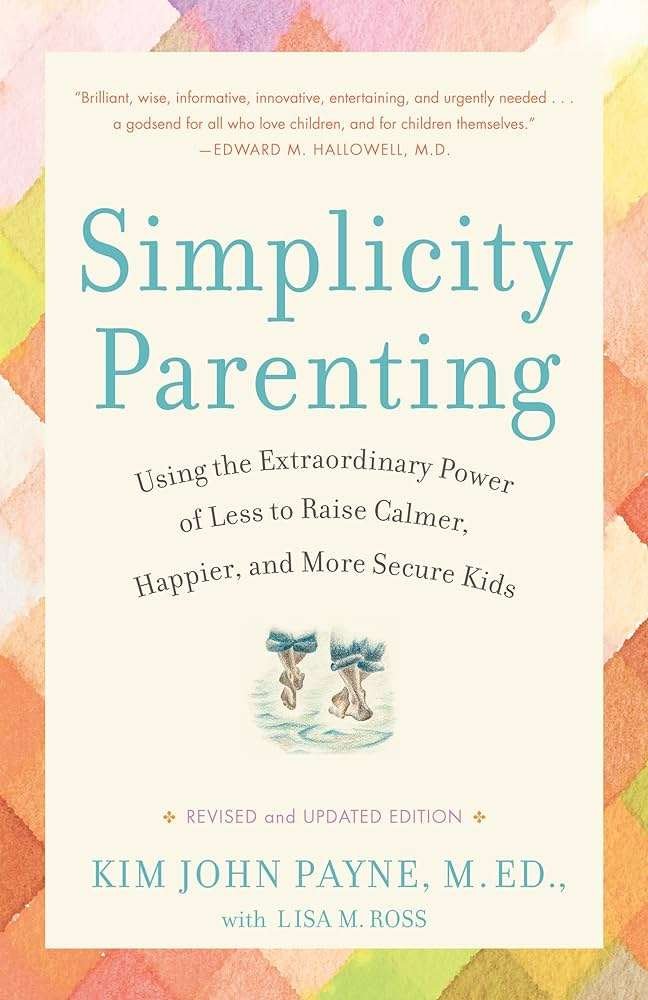

Conclusion | Best Parenting Books
Parenting is a never-ending journey… with its highs and lows.transitions This showed you books that will allow different tools to succeed with the ups and downs of parenthood. With every page you turn, the more insight and wisdom you learn so that as your children grow up – so do YOU.

FAQs | Best Parenting Books
What should I look for in a good parenting book?
Choose books that resonate with your parenting style and the specific challenges you face. Look for credibility, practical advice, and relatable scenarios.
Can these books replace professional advice?
No, books are meant to complement professional advice, not replace it. They provide guidance and insights but cannot substitute personalized expert advice.
How often should I refer to parenting books?
Refer to them as often as you need. As your child grows and new challenges arise, you may find different books more relevant.
Are there books tailored to different age groups of children?
Yes, many parenting books focus on specific developmental stages—from toddlers to teens—to address age-specific concerns.
How can single parents or guardians benefit from these books?
These books offer universal principles and strategies that are beneficial regardless of family structure. They provide support, advice, and encouragement tailored to various parenting experiences.
Check Out The Sources
Check Out More


